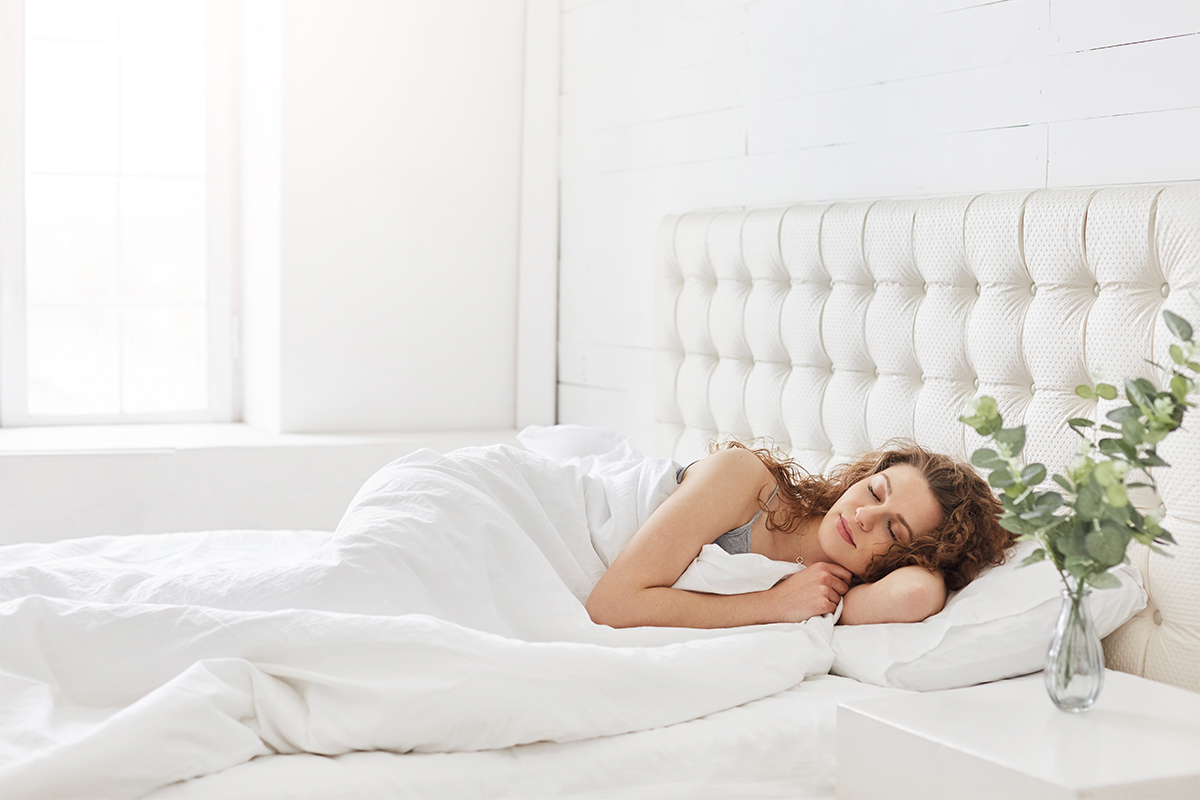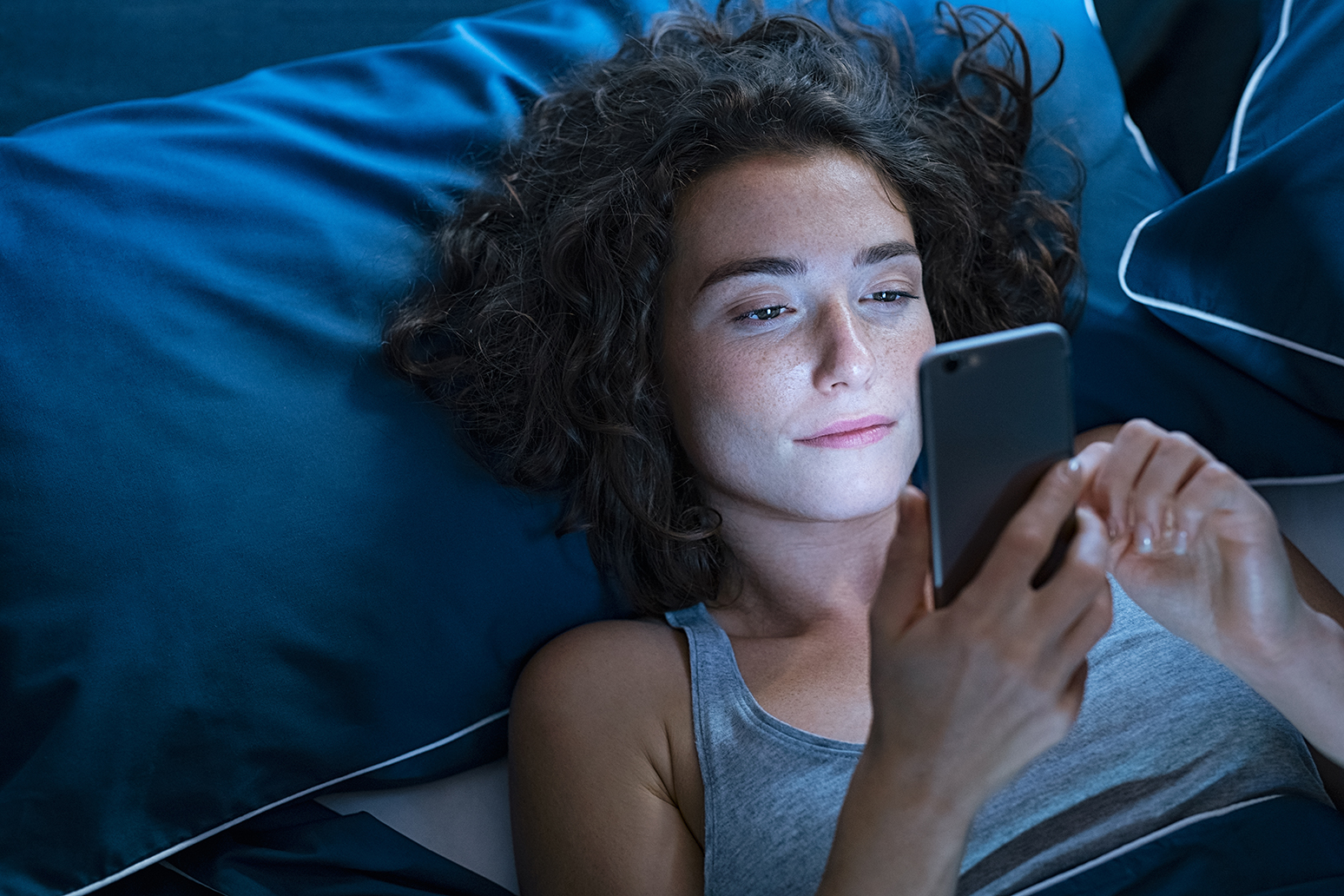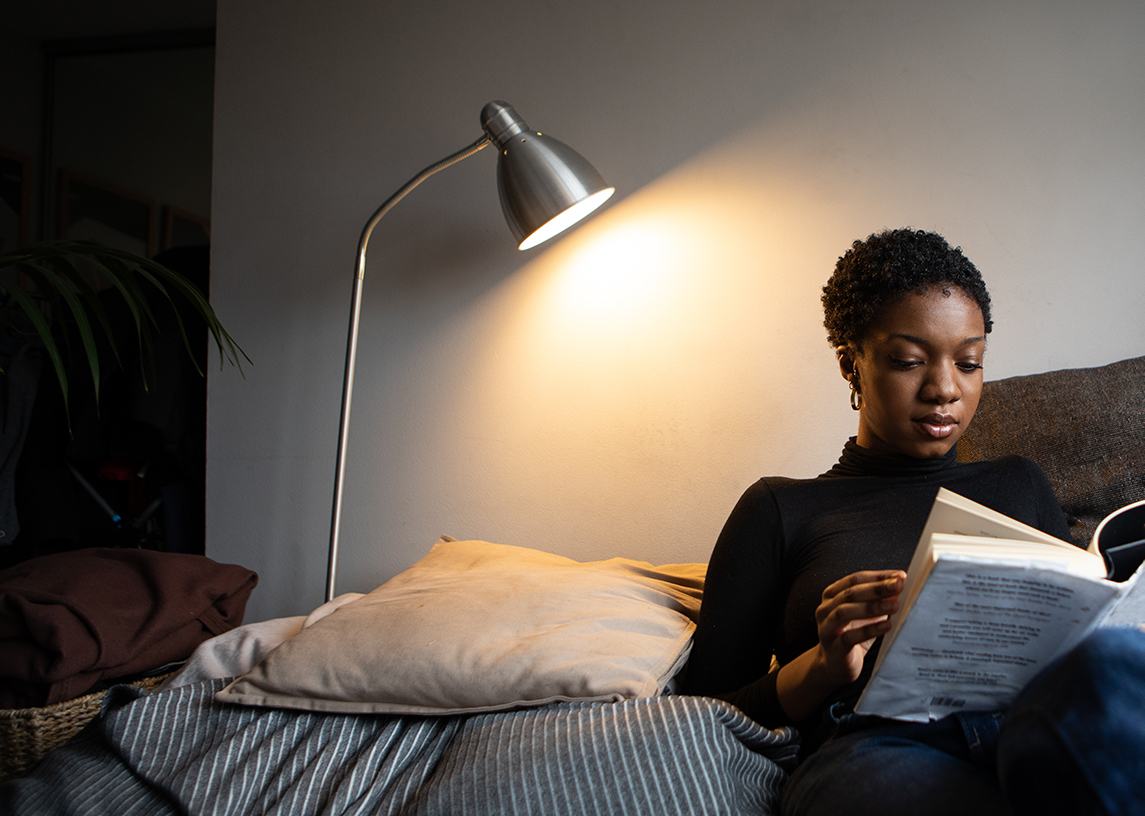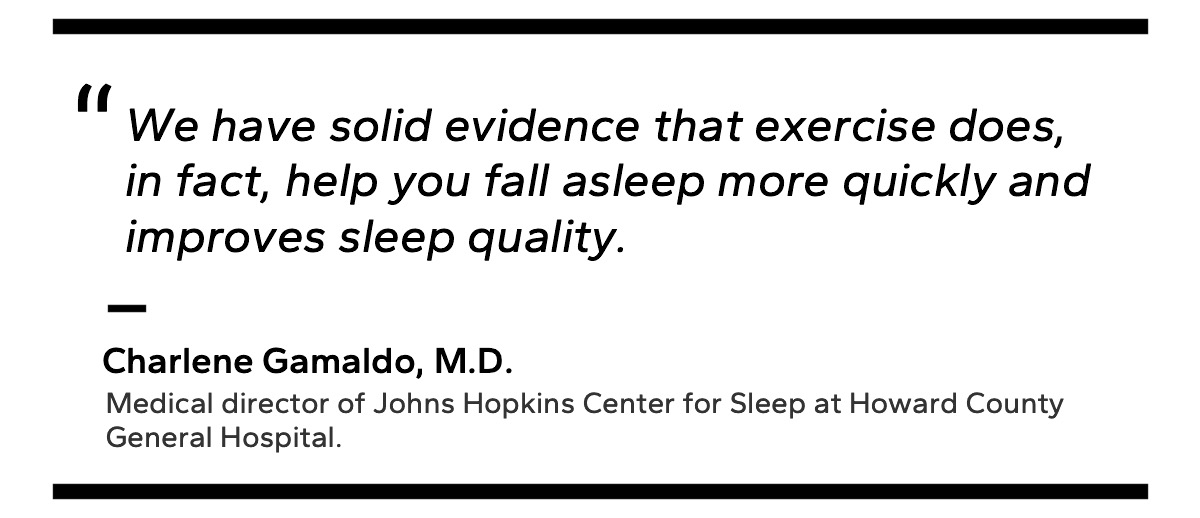How to Get Better Sleep?
Feb 03, 2023 by Benny Chan

A good night’s sleep is as important as regular exercise and a healthy diet. It has a restorative effect on our body and is vital for different needs, such as:
- Hormonal regulation
- Consolidation of learning and memory processes
- Tissue remodeling
- Adequate muscle recovery
Natural sleep patterns
REM sleep
Rapid eye movement (REM) sleep happens about 60-90 minutes after falling asleep. The REM stage is when you tend to have vivid dreams.
Non-REM sleep
Non-rapid eye movement (Non-REM) sleep includes three stages:
Stage 1: This sleep stage means starting to fall asleep. Your heartbeat, eye movements, brain waves, and breathing activity begin to taper down. You may experience muscle cramps called hypnic jerks. It’s light sleep and usually only lasts 5-10 minutes.
Stage 2: It’s a light sleep. Your body's functions continue to wane, your core body temperature falls, and your heart rate slows down in this stage. Stage 2 sleep will occupy you for about half of the night. You'll also experience two unique brain activities: Sleep spindles and K-complex.
Stage 3: It is known as deep sleep. Your body starts to release growth hormone, which is good for muscle tissue repair and growth. It's been proven that deep sleep helps regulate metabolism, immune system functioning, hormone release, and memory.
A sleep cycle lasts between 90 and 110 minutes. Stage 1 of Non-REM sleep will come initially, followed by stages 2 and 3 of Non-REM sleep, and finally, a brief REM sleep. The cycle then resumes at stage 1 of Non-REM sleep.
As the night goes on, the REM sleep will be longer, and deep sleep will be shorter.
How much sleep do we need?
Different age groups need different amounts of sleep. But there is no precise amount of hours how long you are supposed to sleep to help yourself remain attentive throughout the day. Adhere to these suggested periods based on age, lifestyle, and habit.
Newborns: 0-3-month-old infants need 14-17 hours of sleep, including daytime naps. 4-11-month-old infants need about 12 to 15 hours of sleep daily.
Toddlers: Babies between 1-2 years old need 11-14 hours of sleep.
Children: Preschoolers (3-5 years) need 10-13 hours of sleep, while school-age kids (6-13 years) need 9-11 hours.
Teenagers: Teens between 14-17 years need about 8-10 hours of nightly sleep.
Adults: adults Between the ages of 18 and 64 need 7-9 hours of nightly sleep.
Older Adults: For older adults, you may need a little less: 7-8 hours is recommended. Sleep quality is much more important than quantity.
Pregnant: Pregnant people need 8-9 hours, 1-2 hours more than normal people.
Risks of Poor Sleep
Researches show that long-term poor sleep has a series of negative effects on your hormones, exercise performance, and brain function.
- Slows down your metabolism.
- Impairs thinking, learning, attention, problem-solving, and creativity skills.
- Declines your exercise performance.
- Causes hormone disorders that slow muscle tissue recovery, energy conversion, and growth.
- Gain weight.
- Put you at risk for heart disease, heart attack, high blood pressure, strokes, diabetes, etc.
- Impacts on both short and long-term memory.
- Easily get emotional, quick-temped, depressed, and anxious.
- Weakened immune system.
- Causes accidents.
Proven Tips for Better Sleep
Many of us have different levels of sleep problems, such as sleep disorders, insomnia, and trouble sleeping. Here are some evidence-based tips to help you improve your sleep at night.
Bask in Bright Natural Light in the Daytime.
Our bodies work on 24-hour circadian rhythms, which affect our sleep-wake cycle and hormone regulation. That's why sticking to a sleep schedule is important to avoid circadian rhythm disorder. Basking the sun every morning helps keep our internal clock synced with sunrise and sunset.
We naturally feel more alert and energetic in the daytime, and our brains know it's time for bed when it's getting dark. Soaking up daylight in the morning slows down the melatonin production of our body to wake you up and increases output at night to improve your sleep quality.
Basking in bright natural light also grants many biological benefits, such as boosting mental health, providing precious vitamin D, improving the immunity system, and even helping maintain a healthy weight and Metabolism. Sunlight is even known to enhance sleep patterns and ease mild depression.
Get Rid of Blue Light
We get most of the blue light exposure from the sun. As a visible light, it stimulates our brains, makes us feel alert during the day, and has a strong effect on our circadian rhythms and natural sleep-wake cycle.
However, being exposed to blue light at night makes your brain think it’s daytime and stops the release of melatonin, a hormone that plays a role in helping you fall asleep.

The National Sleep Foundation’s Sleep in America® Poll 2022 found that almost half of Americans are staring at screens within an hour before bedtime.
Nowadays, more of us have to interact with electronic devices and screens like TVs, phones, laptops, and tablets, which are the sources of blue light. Try to get rid of the blue light 1-2 hours before sleep and see the changes it will bring to your sleep.
Make Your Cave Sleep-Friendly
Keeping your sleep cave dark and dim is essential to sleep. In the absence of light, our optic nerves begin to pump up signals to release melatonin—a hormone your body produces that can help you manage the sleep-wake cycle.
“The cold makes us drowsy, and a falling core body temperature helps us drift off faster,” says Nancy Collop, MD, director of the Bory Sleep Center in Atlanta. So keeping your room temperature between 65 and 72 degrees is suggested.
Of course, choosing the mattress, pillows, and sheet that make you comfortable and at ease is also helpful.
Relieve Stress
Before-sleep relaxation practices like breathing, meditation, a warm bath, stretching, reading a book, kitting, or just doing what you like are helpful for you to wind down and get rid of the unwanted thoughts from the day.

“Sleep is the energy your body needs to get refreshed and more capable of dealing with challenges,” said the psychologist, Allen. “Don’t let the stress and anxiety get in the way of your sleeping. Find one or two techniques to help you relieve the nighttime stress.”
The smell is also helpful. Some scents can calm your mind and make it easier for you to feel relaxed and fall asleep. According to research from Wesleyan University, women who get a whiff of lavender oil before bedtime have an average of 22 percent more restorative slow-wave sleep.
Get Moving
Physical activity can improve sleep quality because it helps regulate your circadian rhythm—your body’s natural sleep-wake cycle.

Exercising in the morning can improve cardiovascular fitness, help you have deeper sleep cycles, and help you spend 75% more time in restorative stages of sleep than those who exercise later in the day. It also contributes to the nighttime drop in blood pressure, which aids the body's healing, restoration, and recovery during those critical periods of deep sleep.
Body temperatures are naturally a few degrees warmer in the afternoon, and exercise raises your body temperature for four to five hours after you stop working out. Midday exercise makes the core temperature easier to fall before sleep, which facilitates sleepiness.
Despite these biological responses to exercise, studies find that the time of day they exercise doesn’t make a difference. “Whether it’s in the early morning or close to bedtime, they’ll see a benefit to their sleep,” says Gamaldo.
Take Naps
When you work or study late at night, taking a nap can help you feel refreshed, restore energy, and eliminate fatigue for the rest of the day. Increasing alertness, improving memory and cognition, regulating emotion, and improving performance, including language learning and quick reaction, are all the benefits of napping.
It’s been proven 20-minute length is the best for a nap. It’s enough for your brain to rest but too short of entering the slow-wave sleep, so you can feel alert when you get up instead of overwhelmed by the sleep inertia.
